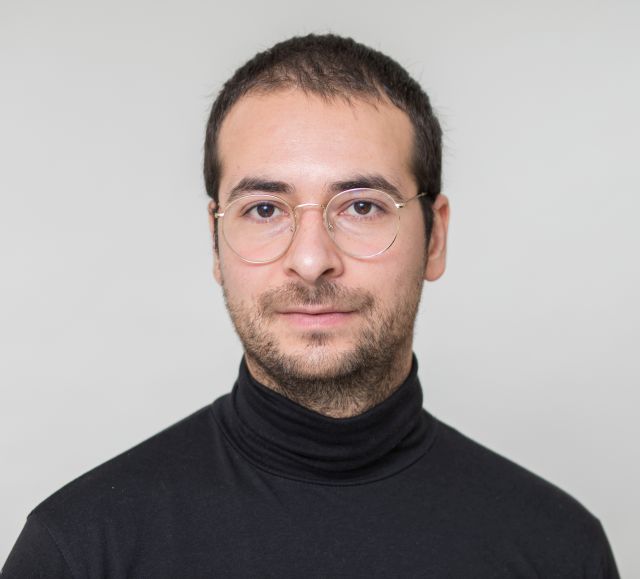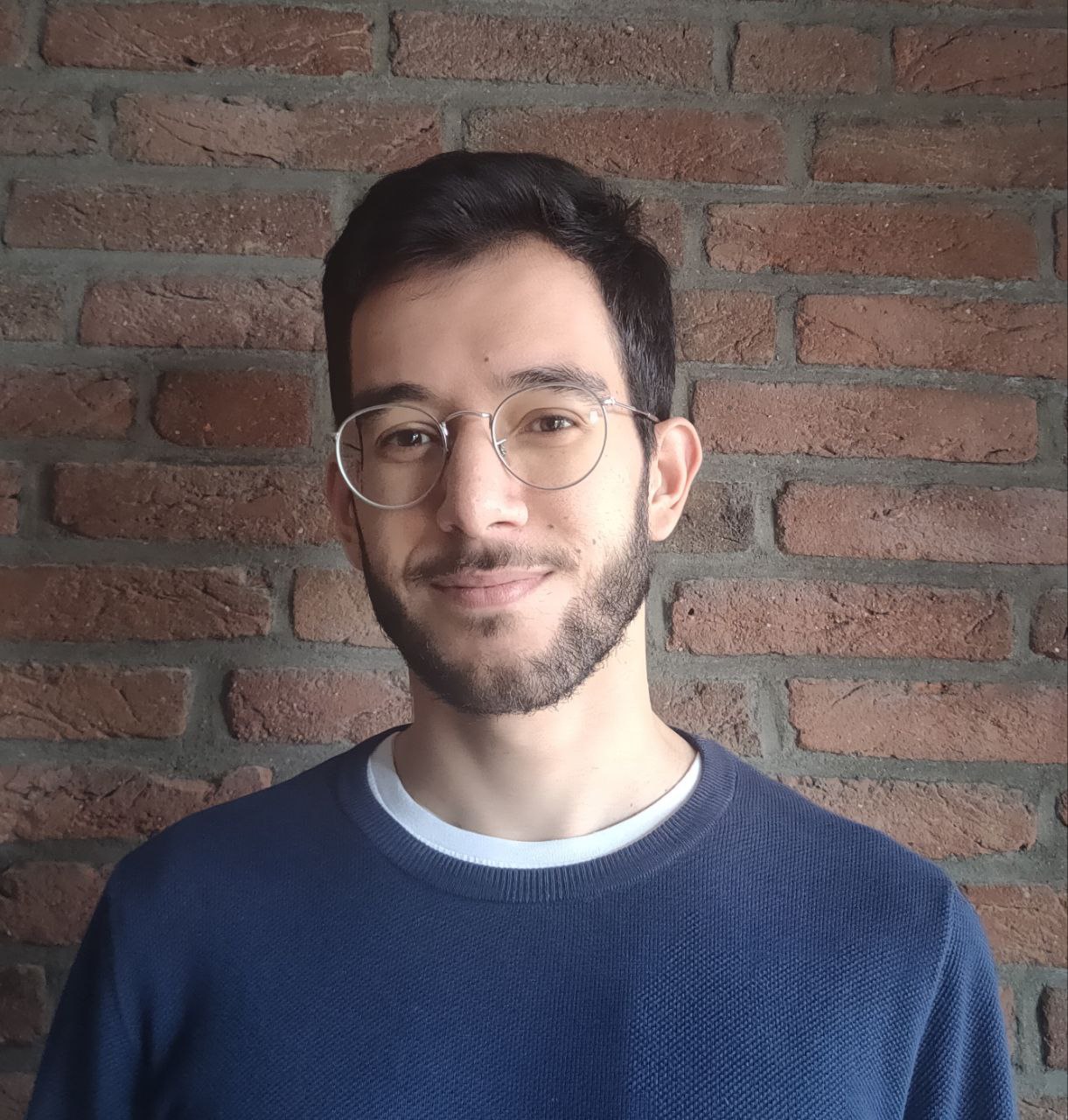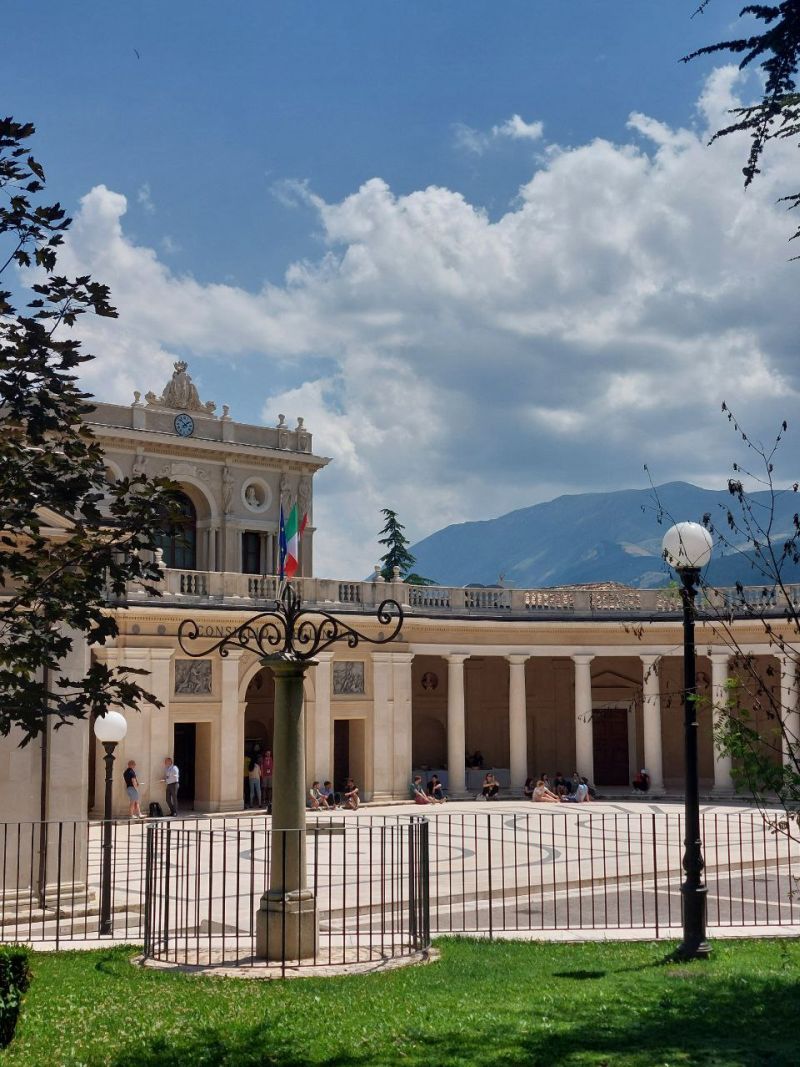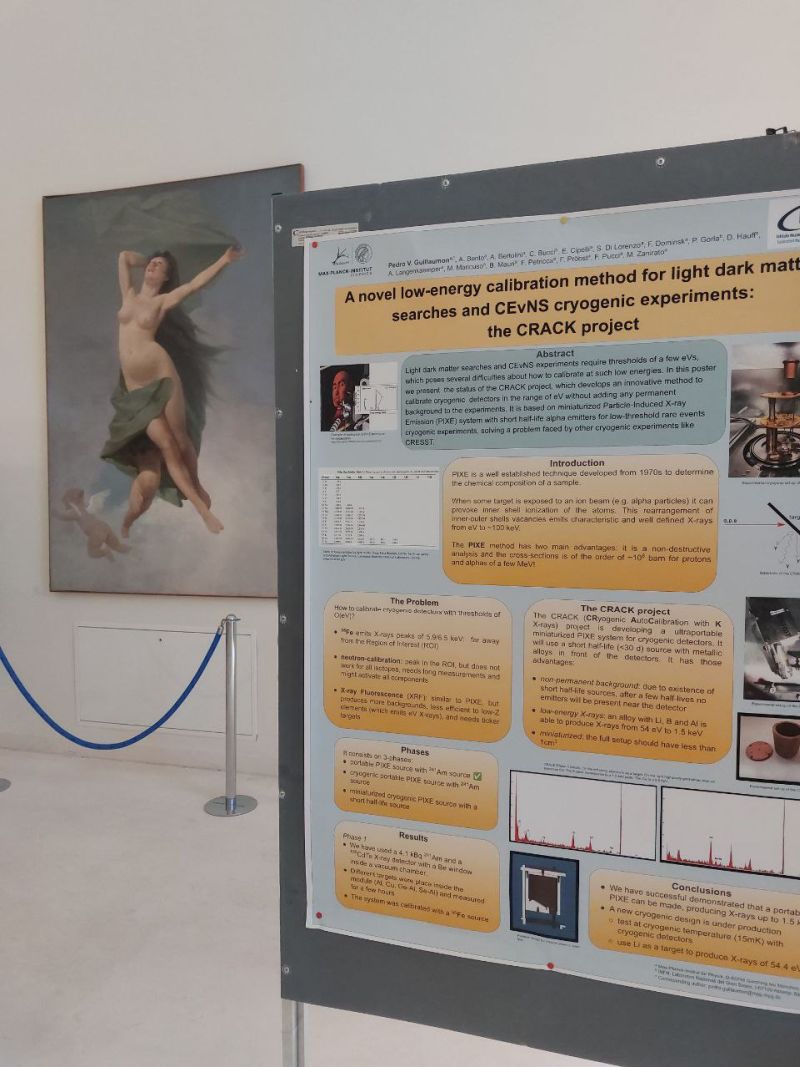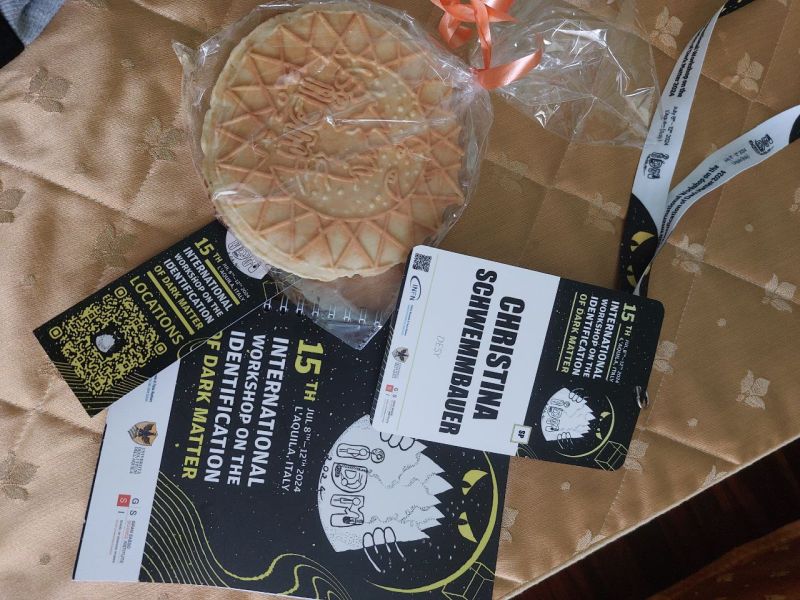Christina Schwemmbauer - Travel Award Interview
PORTRAIT | Doctoral Researcher / Funding / PHGS / Research / Travel Grant
Christina Schwemmbauer is a doctoral researcher at DESY. In 2024, she won one of four this year's PHGS Travel Awards and received 3000 € to finance participation in a scientific event. In an interview, she spoke with us about the conference she attended, and what kind of tips she has for future applicants to the travel award scheme of the PIER Helmholtz Graduate School.
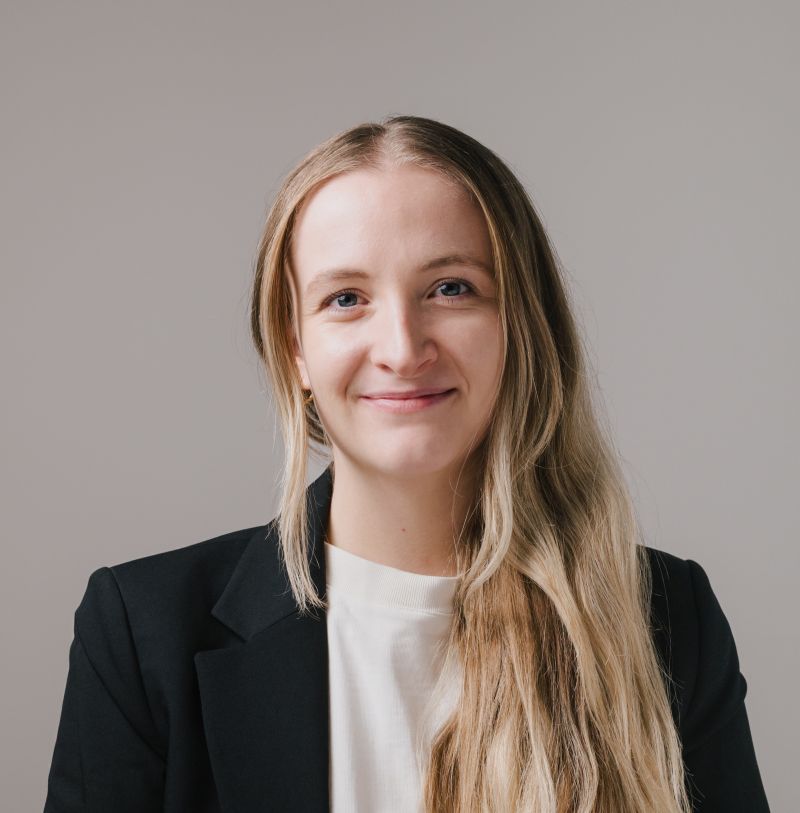
Congratulations on winning the PHGS Travel Award 2024. You are one of a total of four PHGS members who have won the 2024 award and thus received up to 3,000 euros to finance participation in a scientific event. For which event did you use the PHGS Travel Award money for? (If you participated in several events, please describe each of them)
I used part of my Travel Award to get to the 15th International Workshop on the Identification of Dark Matter. The IDM conference aims to draw a complete picture of the status of dark matter searches from the theoretical to the experimental point of view. Thereby it tried to answer the most pressing questions in Dark Matter physics like what we really know about the dark matter in the universe, how we can directly detect it’s presence or how we can advance further in both theoretical and experimental approaches.
Where, when and for how long did the event take place?
The IDM 2024 took place in L’Aquila, Italy from July 8th to 12th.
Please describe the event. Who was the organizer? Were there many people present or only a few? Is it a regular event or a one-time event? What was the event about? Which speakers or interesting people were there?
The event was organized by the Laboratori Nazionali del Gran Sasso INFN institue, the Universita degli studi dell’Aquila and the Gran Sasso Science Institute GSSI. The 2024 edition of the IDM, that takes place about every second year since 2016, had about 250 participants. Those included renowned speakers from various dark matter fields most notably leading scientist working in direct detection, axion physics and light dark matter searches.
Please describe your role at the event. Were you mainly a listener? A visitor? Did you give a talk or display a poster? Were you there to meet people for discussions?
Besides attending the plenary and parallel session, I also had the chance to present the work for my PhD in a 20 minute parallel talk in the Light Dark Matter Session and discuss my research and methods with experts from the field. Of course I also used the various coffe breaks and social events to meet people working on similar project as mine and took the chance to discuss common topics.
Please describe how you benefited from the event. Did you get the chance to broaden and strengthen your network? Did you gain new scientific knowledge and/or received feedback on your scientific findings? Were you able to clarify questions that will help you in your further work on your doctorate?
Since I am the only one in my group working on light dark matter direct detection, I could benefit greatly from the exposure to the topics discussed at the conference. Many large scale overview talks helped me grasp a more complete understanding for the field, and connecting with people working on similar experiments as my own gave me new ideas on how to approach my analysis. Furthermore, I was able to learn about other experiments searching for similar dark matter mass ranges and about the methods they employ.
What was the best thing about the event?
Making new connections and deepening older ones to grow my network, that I can use as a resource, not only for my thesis, but also for my academic future in general. Especially, being able to connect with other people working on the same problems.
Was it worth taking part in the event respectively having made the trip?
It was definitely worth, since I am missing a regular exposure to my own research topic in detail in my daily life at DESY. The conference enabled this exposure and active participation in my field.
Is there anything you would advise or recommend to future participants?
I highly recommend future participants take the initiative to engage with researches whose work they are interested in. Even if you are not familiar with them beforehand or feel your research fields are quite different, you will often discover common ground and shared interests.
Thank you very much, Christina, and all the best to you for your further studies.
